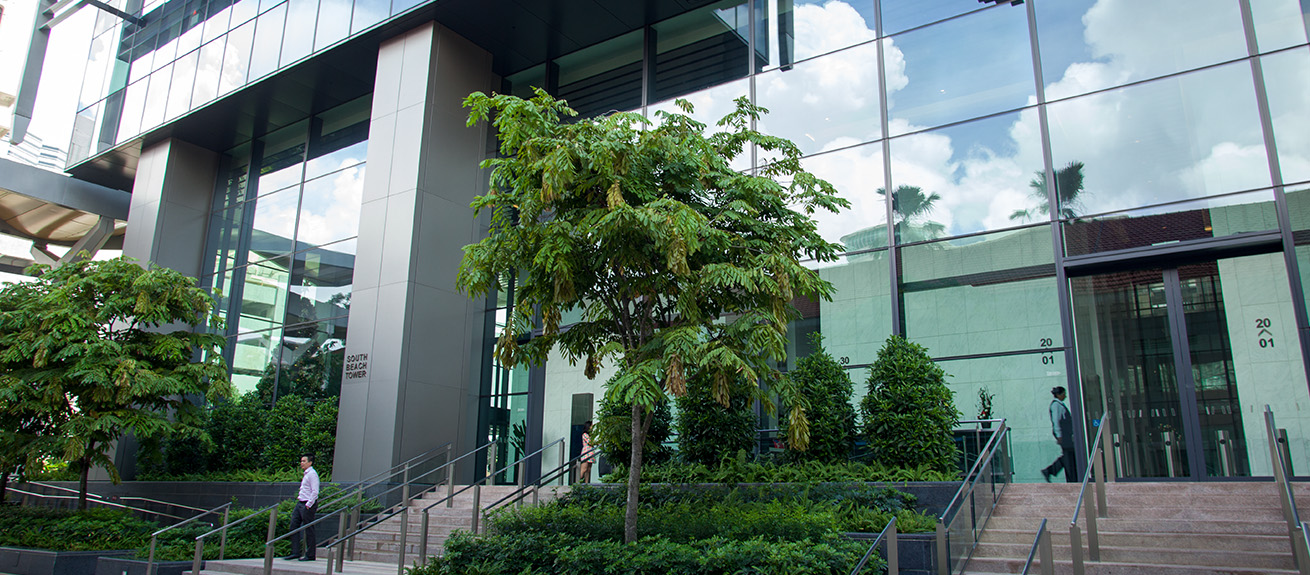
When Professor George Kohlrieser encountered his first hostage situation, he knew he had to act fast; a perpetrator had a knife held to a nurse’s throat. Fortunately, by speaking to the knifeman and listening to his responses, Kohlrieser eventually managed to convince him to release the nurse and give himself up.
The Professor of Leadership and Organizational Behavior said the same tactic he used back then can be applied to leadership today. Addressing a crowd of 50 at the World Class Speaker Series this week, he explained that higher-performing leaders should be able to ask questions and embrace uncertainty.
Kohlrieser said there are two types of hostages: physical hostages and psychological hostages. Many people are, unknowingly, psychological hostages. They constantly focus on the negative aspects of life. This mindset comes naturally from our survival instincts, as we are hardwired to look for pain and problems — an occurrence known as “negativity dominance”.
However, we need to learn and choose to be positive, and to keep an open mind. This allows us to remain curious, which is the foundation of learning.
“Being curious means asking questions and building relationships with people,” Professor Kohlrieser said.
Just like a hostage negotiator, a high-performance leader needs to be curious. This way, they can better understand their employees. Instead of giving instructions, they should offer their employees choices, even if the employees say no. Only when there is a power negotiation going on, will both sides be able to start cooperating.

The session was organized by SkillsFuture, the Lifelong Learning Council and IMD and it was preceded by an Executive Forum on High Performance Communication.
Learn about IMD’s High Performance Leadership program.



